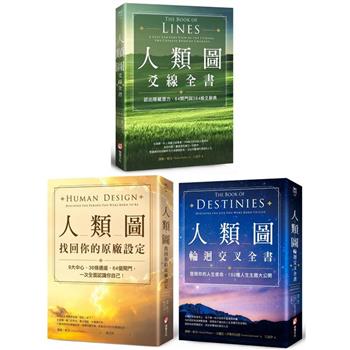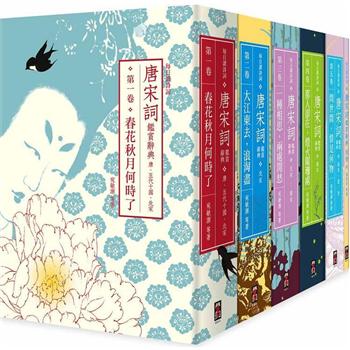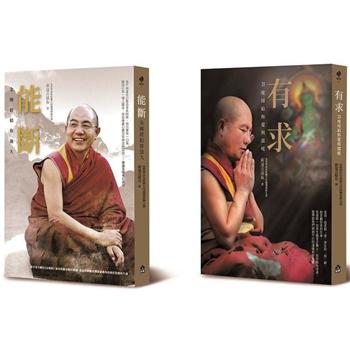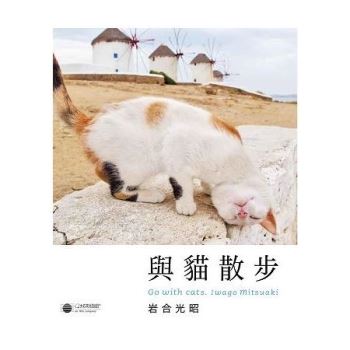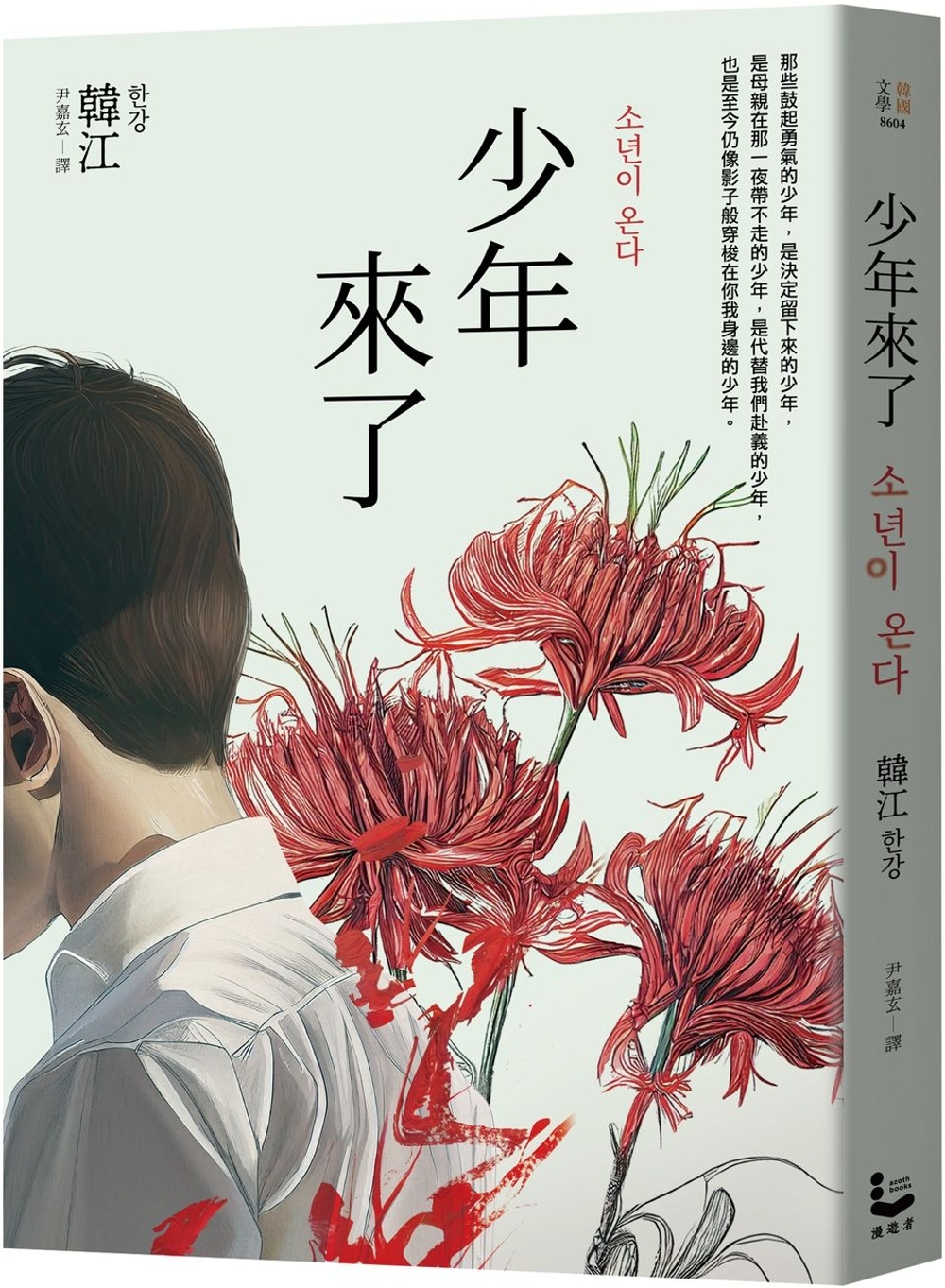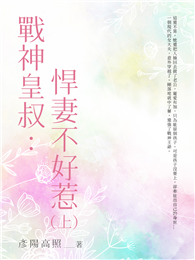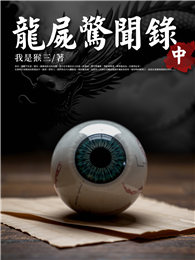Mudd uses poetry to explore such widely different subjects as plagues, World War I and II, European and American history, the decline of civilizations, the influence of religions, both Christian and pagan. His tone is always clear so there would be no mistaking what he writes about. He is often playful, but always with an underlying seriousness of subject. He touches on his interest in classical literature, on the uses of poetry. He paints word-scapes of the beautiful places where he lives in France. Mudd ties his poetry to the wider contexts of culture, especially the fine arts, so this book is profusely illustrated with color images of Classical, Renaissance, and impressionist painting. He is a poet who values self-knowledge and a liberal education of the sort that was widely available in the 1960s and 70s. He is not, however, a poet of personal psychology or of personal suffering. His most important influences, both as a poet and philosophically, range from T.S. Eliot and Antonio Machado to 10 Century Chinese poets. Rather than the Bible, he reads the essays of Michel de Montaigne. He wants his readers to understand what he writes. He is and has always been active politically and posts irrregularly on Substack.
| FindBook |
|
有 1 項符合
How Fast the River Rose: New Poems (2019-2023)的圖書 |
 |
$ 606 | How Fast the River Rose: New Poems (2019-2023)
作者:Mudd 出版社:Porcupine Press 出版日期:2024-07-01 語言:英文 規格:平裝 / 164頁 / 普通級/ 初版  看圖書介紹 看圖書介紹
|
|
|
圖書介紹 - 資料來源:博客來 評分:
圖書名稱:How Fast the River Rose: New Poems (2019-2023)
|
